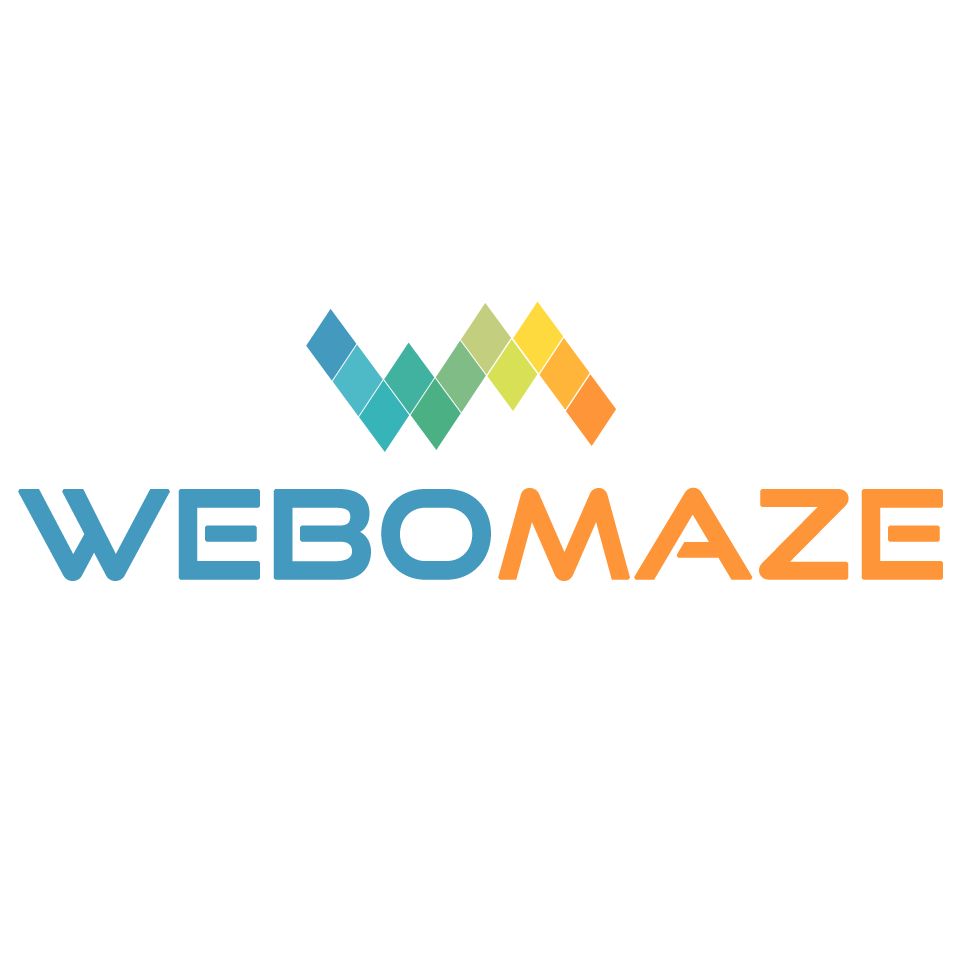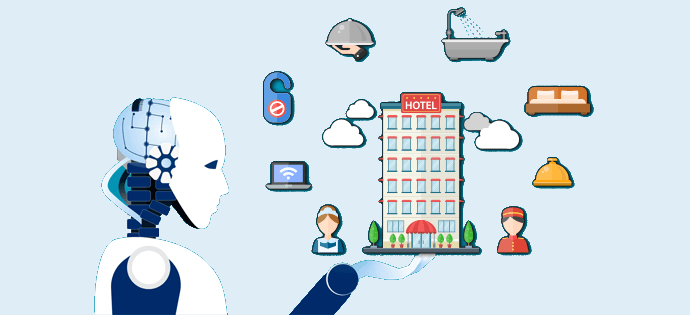361 reads
How AI is Transforming the Hospitality Industry
by
February 1st, 2022
Audio Presented by

Webomaze Technologies, Co-Founded by Ravi and Vinika, is the first choice of customers while looking for SEO Services.
About Author
Webomaze Technologies, Co-Founded by Ravi and Vinika, is the first choice of customers while looking for SEO Services.
